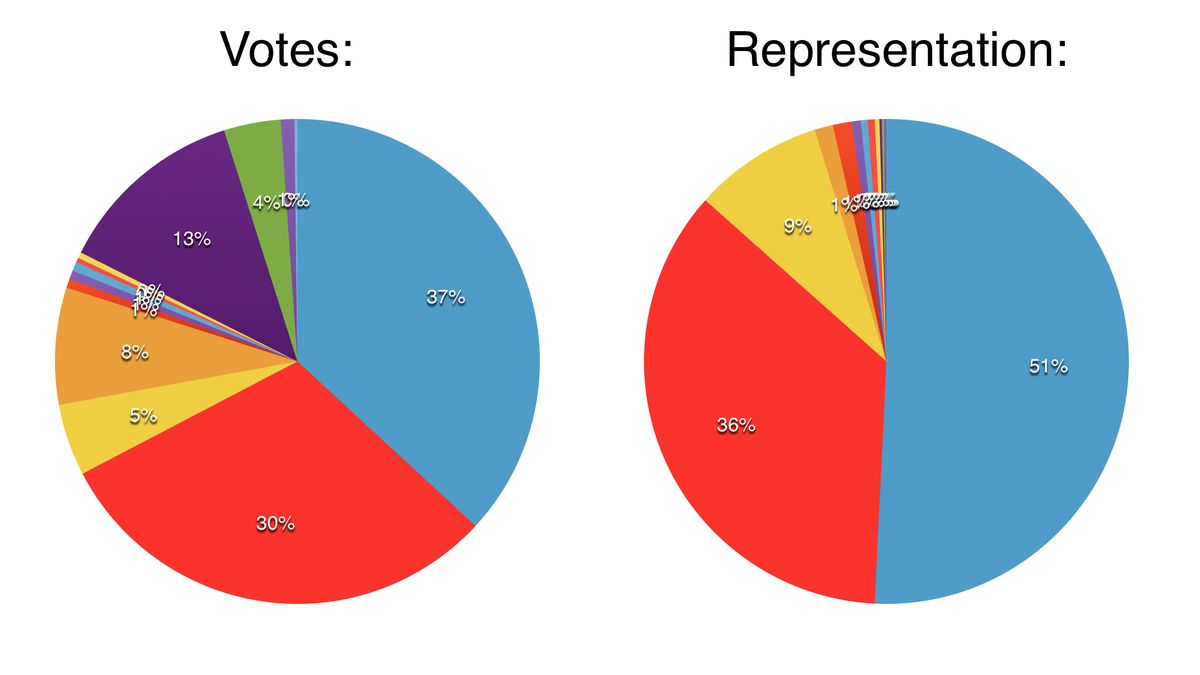I grew up in a family who constantly struggled with money. Mostly, I am grateful for how my parents managed to get by. One thing that, as a teenager, bothered me was that we had never been abroad on holiday. Every summer, kids would come in with stories of their travels to warmer climates and I would have to share my summer stories which were not quite so exciting. Upon arriving at university, the divide between those who had travelled and I became even more annoying. Everyone had amazing stories about trips they had been on with friends and family. But still, I could not afford to get a passport let alone pay for a holiday. Then adult life started and I got myself one of those job things which pay (very poorly) so I recently took my first trip abroad to Berlin.
I loved Berlin. As a graduate of History, it really was the best place for me to go. Berlin is a city that is very aware of its history and clearly wants to remain at peace. In my time there, I walked past 2 peace talks happening in the streets about Israel. I also saw a sign urging Putin to leave Ukraine alone. It seems that there are people in Berlin who are actively advocating peace which is amazing to see considering the amount of cities across the world full of hate and war.
Another wonderful thing about Berlin is how clean it is. Rarely did we come across rubbish in the streets. More importantly, recycling is a huge thing there. When you buy drinks in plastic bottles, you will often notice that they have already been recycled. People are encouraged to recycle and they get to see that recycling is actually happening. It left me wondering why we do not have that in Britain at all…
The Judisches Museum in Berlin was one of the highlights of the trip for me. It was so great to learn about Jewish history outside of the holocaust, to learn about positive Jewish messages and people. There was a part of the museum dedicated to 17th/18th century businesswomen Gluckel of Hamlen which was so interesting. On top of this, the architecture of the building by Daniel Libeskind was amazing. It seems to have been designed to be slightly unsettling and uncomfortable, perhaps to portray the feelings of many Jewish people living in Germany. The same can be said of the Holocaust Memorial. It felt strange to me to see people taking smiling selfies in the middle of it. The paths in between the 7,211 grey blocks are not straight to walk on giving you an unsettling feeling. Germany has made great efforts to remember their history.
I was in awe of the architecture in West Berlin – the Reichstag, the museums on Museum Island, Berliner Dom, and Brandenburg Gate. It was all incredible to see. There are also a lot of gorgeous water fountatins throughout the city. These make the city feel less like a city, along with the large green spaces throughout. The Lust Garten was my favourite of these, it has a view of the Berliner Dom and Altes Museum as well as a lovely water fountain. Sitting there and reading was absolute bliss!
The Berlin Wall was really interesting to see. I had learnt so much about it throughout education and particularly at university. It was something that I had always wanted to visit. The longest standing part of the Berlin Wall really gives a sense of the desperation and negativity that many Germans faced from its beginning to end. Walking along it and seeing how high it is and knowing about the struggles so many people faced was actually quite moving. Upon arriving at Checkpoint Charlie, I noticed a McDonalds built right next to it. It seemed rather apt considering the continuing American influence in the West. Even taking the train through East Berlin to West, the contrast is stark. The East still looks like part of a struggling country which feels damaged. Whereas, the West has made a much quicker recovery and looks more modern and generally better cared for.
There are decorated bears throughout Berlin which are so lovely to see. This began with an artistic event in 2001. The bears are all unique, often brightly coloured and attract lots of attention. There has also been the emergence of united buddy bears which are intended to promote peace and love around the world.
If I had to pick a few things for people to see/do in Berlin, it would be:
· - Visit the Berlin Wall, walk along it, remember the history
· - If you are unaware of the history, visit the DDR museum. It’s interactive and not as dull as the German Historical Museum (which was a total yawn fest, I felt like I was just reading a book and having to walk around whilst doing it…)
· - Eat currywurst (seriously, it might sound gross to you but it is a Berlin favourite. I absolutely loved it. Sausage in curry sauce, it does not get much better!)
· - Jewish Museum
· - See the Reichstag Building, Brandenburg Gate and Holocaust memorial. They are all really close together and very impressive.
Next stop: well, I’m currently trying to decide between Copenhagen, Bruges and Budapest. Any other suggestions?









